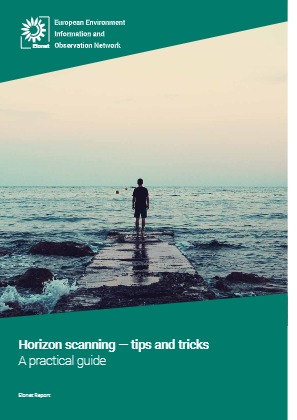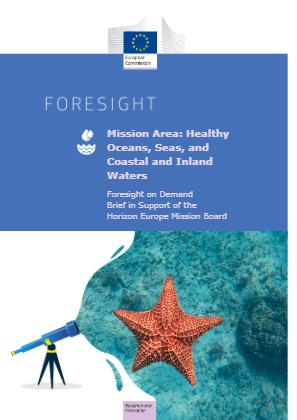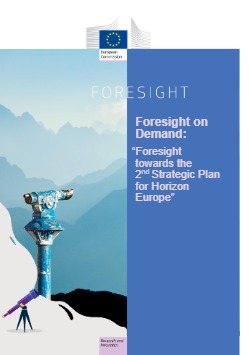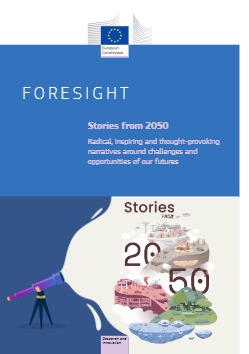Future Forward is a 20-lesson program to support (young) people in their exploration of the future.
Futures Literacy
In our ever-changing world, parents, caregivers, teachers, and educators are faced with the challenge of preparing children for a future that is difficult to predict. How can we equip ourselves and younger generations with the necessary tools and skills to navigate the unknown? This is where futures literacy comes into play. While no-one can truly predict the future, by integrating future thinking into education, we acquire the tools to anticipate and navigate the complexities of an uncertain world, fostering innovation, adaptability, and resilience, in line with the goals of the European Year of Skills (May 2023 – May 2024).
Future Forward, a 20-lesson program offers a unique opportunity for parents, teachers, and anyone curious about the exploration of the future. This crash course into foresight provides insights into future thinking, anticipation and foresight, opening doors to a better informed and imaginative future.
The Topics
The lessons resolve around 5 topics:
• Perception of time; How we perceive time is connected to how we understand the future. Explore your perception of time and the future from multiple perspectives to help develop your futures literacy.
• Futures mindset; Learn to see the world as a futurist! By challenging assumptions, developing a critical gaze, and understanding the interconnectedness of the world, you can imagine possible and preferable futures.
• Multiple futures; There is no single future, but a landscape of constantly emerging and evolving possibilities. Contemplate a plurality of scenarios and visions for some of this century’s most pressing issues.
• Investing in imaginations; How do we begin to imagine more than one viable future? When we open our imaginations, the possibilities become endless. We each have the capacity to explore, shape and imagine alternative futures.
• Taking action; Imagine your ideal world 20 years in the future. What does it look like? How can you achieve it? Learn how you can take an active role in creating a better and more positive tomorrow.
UNESCO champions a capability-based approach to using-the-future. Futures Literacy empowers the innate human capacity to imagine, it is a skill that everyone can develop. In becoming futures literate we enhance our agency, developing our abilities to identify novelty, prepare, adapt and invent as changes occur in the complex world we live in. More reading UNESCO
Enjoy your classes at Future Forward!
Co-Curation
Future Forward is a co-development of the European Commission and TED-Ed and has been designed in co-creation with our co-curators from the foresight field.
Theme 1: Perception of Time in co-curation with the World Futures Studies Federation (WFSF) by Jennifer Gidley
WFSF is a UNESCO and UN consultative partner and global NGO with members in over 60 countries, bringing together academics, researchers, practitioners, students and institutions. WFSF offers a global forum for stimulation, exploration and exchange of ideas, visions, and plans for alternative futures, through long-term, big-picture thinking and radical change. Jennifer Gidley is the Former President of WFSF (2009-2017). She is Adjunct Professor, UTS Sydney, a leading international scholar on human-centred futures, and author of The Future: VSI (Oxford).
Theme 2: Futures Mindset in co-curation with Teach the Future (TTF) by Lourdes Rodríguez
The Teach the Future community is dedicated to bring futures thinking to schools, educators, and students around the world. By teaching the future you can equip young people to face uncertainty and help them envision and create their preferred future. Lourdes Rodríguez is global hubs director at Teach the Future. She is a senior foresight consultant, specialized in trends analysis. Recognized as one of the top futurists in Spain by Forbes.
Theme 3: Multiple Futures in co-curation with Next Generation Foresight Practitioners (NGFP) by Ollie Bream McIntosh NGFP’s mission is to identify, accelerate, amplify, and connect a Global South-anchored network of emerging next-generation foresight practitioners to leverage power for transformation. Ollie Bream McIntosh is a researcher and designer specialized in sustainable futures. Formerly a director of several social enterprises, including design studio Social Systems Lab, and an Associate at the University of Nottingham, where he led the design and delivery of an award-winning course in Futures Studies. Ollie now leads the development of new transdisciplinary research ecosystems on the theme of social transformation at Erasmus University Rotterdam.
Theme 4: Imagine Futures in co-curation with Association of Professional Futurists (APF) by Stuart Candy
APF’s mission is to advance the practice of professional foresight by fostering a dynamic, global, diverse, and collaborative community of professional futurists and those committed to futures thinking who expand the understanding, use, and impact of foresight in service to their stakeholders and the world. Stuart Candy, PhD is Director of Situation Lab and Associate Professor of Social Foresight at Parsons School of Design in New York, and Advisor to NASA JPL in Los Angeles. His publications include the edited collection Design and Futures, creativity game The Thing From The Future, and public imagination toolkit The Futures Bazaar, winner of the APF’s inaugural award for Inclusive Foresight.
Theme 5: Taking Action in co-curation with UN Global Pulse Finland foresight specialists Tiina Neuvonen, Lucia Soriano Irigaray & Claudia Sáenz Zulueta UN Global Pulse is the Secretary-General’s Innovation Lab.
They work at the intersection of innovation and the human sciences to strengthen the ability of the United Nations and those it serves to respond and adapt to challenges, and anticipate them in future. Tiina Neuvonen is the Strategic Foresight Lead at UN Global Pulse Finland. She works at the intersection of social sciences, development and innovation. Formerly, she worked on UNESCO’s innovation portfolio, and has a background in strategy consulting and service design. Lucía Soriano Irigaray is a Strategic Foresight Analyst at UN Global Pulse Finland, and focuses on policy innovation. She has a background working on public affairs, international relations and climate change. Claudia Saénz Zulueta is a Strategic Foresight Senior Analyst at UN Global Pulse Finland, specializing in participatory futures and anticipatory strategy. She is driving social impact and innovation and her goal is to empower individuals to shape inclusive and transformative visions of their futures.









